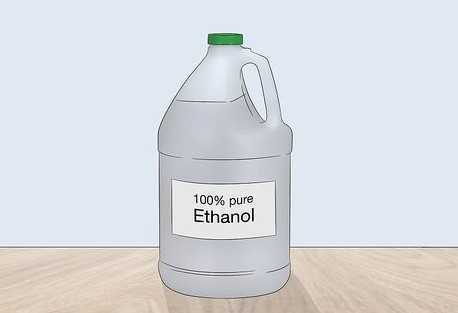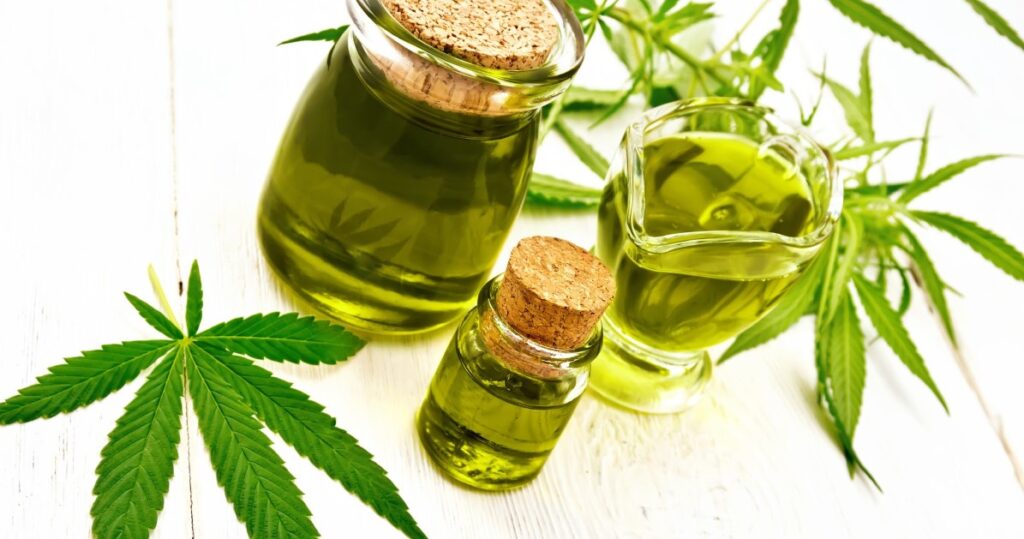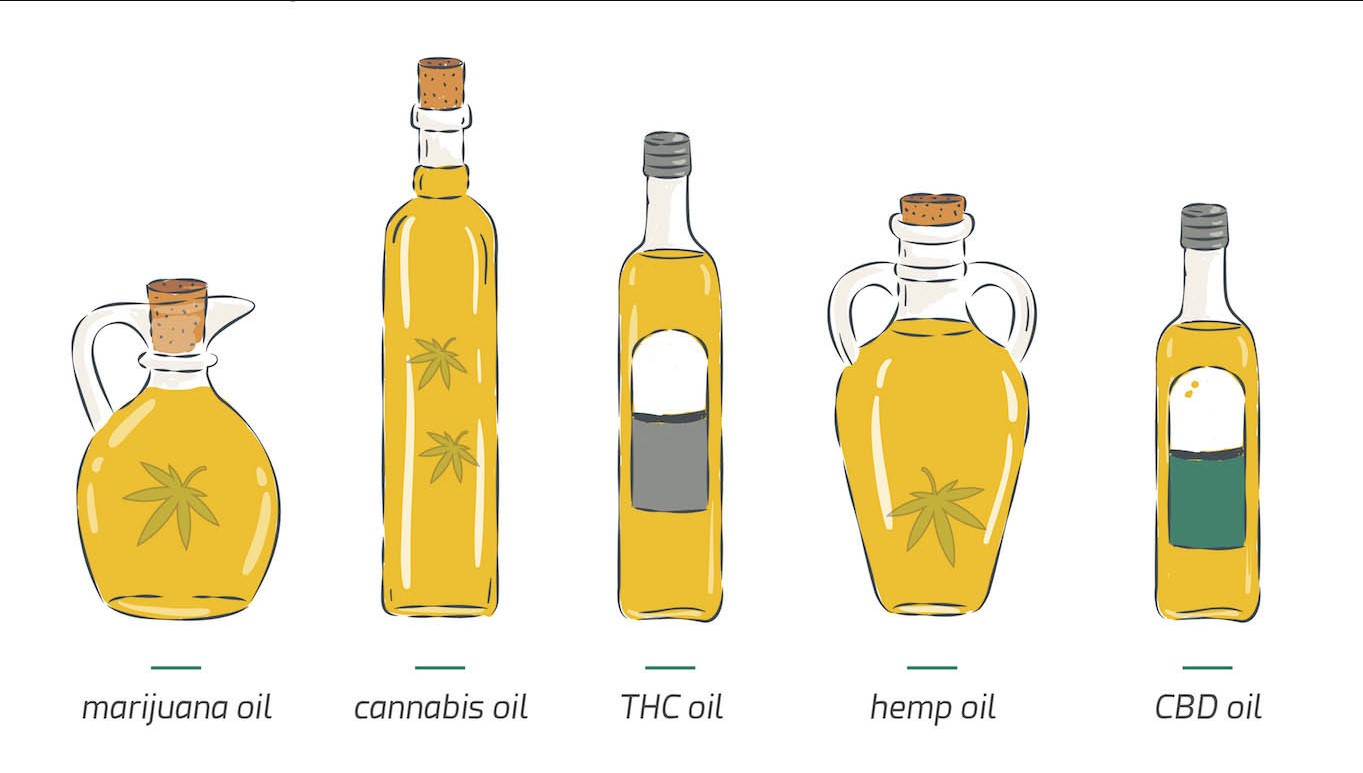What is Cannabis oil?
Concentrated cannabis extracts are increasingly mentioned by self-medicating patients as a cure for cancer. In general, preparation methods for Cannabis oil are relatively simple and do not require particular instruments. The purpose of the extraction, often followed by a solvent evaporation step, is to make cannabinoids and other components. Cannabis oil is usually taken orally, by ingesting a small number of drops several times a day. Please find here some information about cannabis oil and its claim that it can cure cancer.
How is Cannabis oil prepared?
Various methods have been described for the preparation of Cannabis oil. The most popular method, as described by former skin cancer patient Rick Simpson from Canada. He suggests the use of naphtha or petroleum ether as a solvent for the extraction. Following the success of Simpson oil, a number of related recipes have sprung up, emphasizing small but significant changes to the original recipe. They focus on safer solvents such as ethanol, or preventing exposure to organic solvents altogether, by using olive oil.
What is naphtha or petroleum-ether?
In general, petroleum-ether and naphtha refer to very similar products, even though different names may be used around the world. In some countries, naphtha is equivalent to diesel or kerosene fuel. Both solvents are a mixture of petroleum hydrocarbons (PHCs), often available in a wide range of qualities. All the solvent components should be considered harmful and flammable, and some of them, such as hexane and benzene, maybe a hazardous neurotoxins. Both naphtha and petroleum-ether are considered potential cancer hazards according to their manufacturers. Moreover, some products sold as naphtha may contain added impurities that may have harmful properties.
Are residual solvents a health risk?
Cannabis oils are usually concentrated by evaporating the solvents that were used for extraction. This method does not completely eliminate residual solvents. As a result of increasing viscosity, the more difficult it will be to remove the residual solvent from it. In such a case, applying more heat will help increase solvent evaporation. Unfortunately, heating simultaneously causes more beneficial components (such as cannabinoids or terpenes) to be lost. The use of non-toxic solvents should therefore always be advised so that potential residues are not harmful to health.
What is the best and healthiest way to prepare Cannabis oil?
A study was performed to compare several generally used methods on the basis of cannabinoids, terpenes, and residual solvent components. Solvents tested included ethanol, naphtha, petroleum-ether, and olive oil. Based on this study, the following recommendations can be made:

As extraction solvents, ethanol and olive oil performed the best. They both extracted the full range of terpenes and cannabinoids present in cannabis plant material very efficiently. Additionally, these solvents are safe for consumption.
Unfortunately, pure ethanol also extracts large amounts of chlorophyll from cannabis material, which will give the final extract a distinct green taste. Removing chlorophyll by filtering the ethanol extract over activated charcoal was found to be effective, but it also removed a large proportion of cannabinoids and terpenes. In many countries, consumption-grade ethanol is an expensive solvent, as a result of the added tax on alcohol-related products.
Olive Oil
Of the solvents tested, this leaves olive oil as the best choice for the preparation of cannabis oil for self-medicating. Olive oil is cheap, not flammable, non-toxic. The oil needs to be heated up only to 100°C (by placing a glass jar containing the product in boiling water for 1-2 hours) so no overheating of the oil can occur. After cooling down and filtering the oil it is immediately ready for consumption. As a trade-off, however, olive oil extract cannot be concentrated by evaporation. This means patients will need to consume a larger volume of it in order to get the same results.

Preheating of cannabis to decarboxylate the cannabinoids may result in loss of terpenes as a result of evaporation. If the full range of terpenes is desired in the final Cannabis oil, dried buds and leaves can be used directly for extraction, without using preheating.


[…] in some RSO(Rick Simpson) oil. or […]
[…] Oil […]